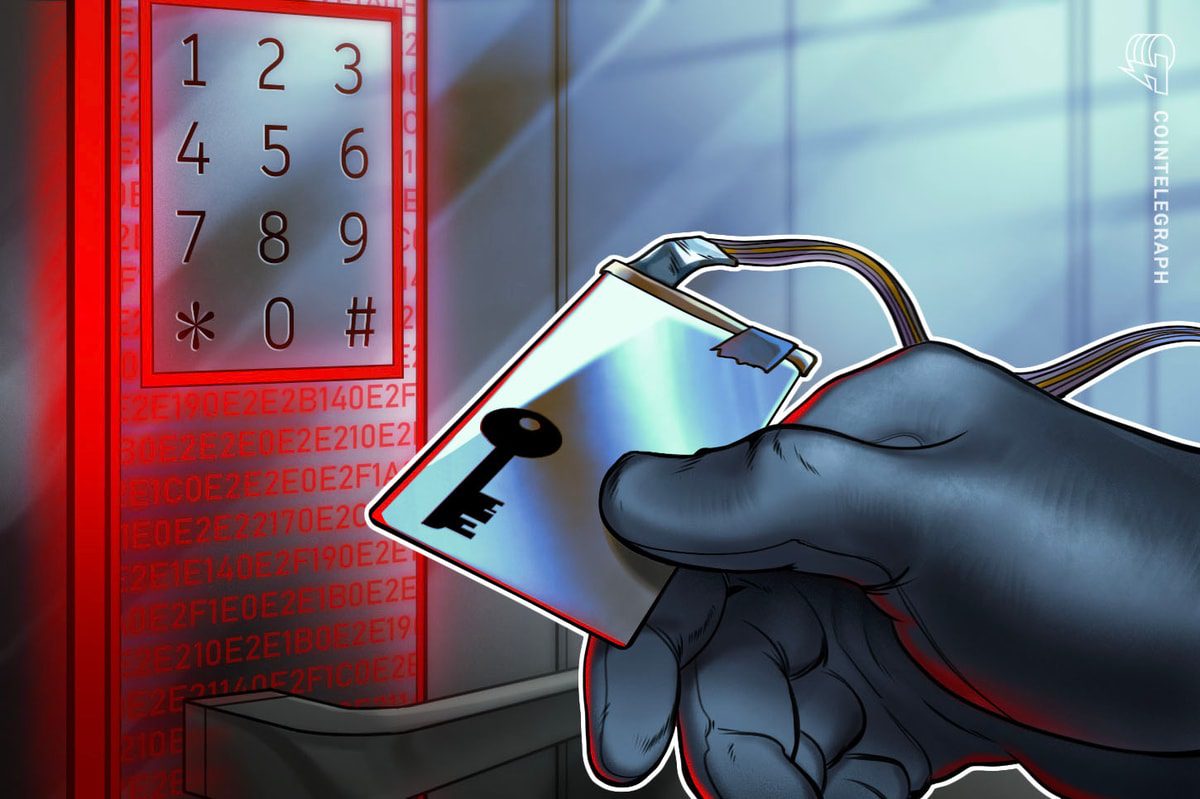Losses from crypto rug pulls outpaced DeFi exploits in May: Beosin

The amount of cryptocurrency lost to “rug pull” or “exit scams” — where founders suddenly up and leave with investors’ money — had outpaced the amount stolen from decentralized finance (DeFi) projects in May, a blockchain security firm has revealed.
A June 1 report from Beosin said May losses from rug pulls and scams reached over $45 million across six incidents.
Meanwhile, there were 10 attacks on decentralized finance (DeFi) protocols that netted $19.7 million. The amount is a nearly 80% decrease from April, and losses from these types of exploits had been on the decline for two months, it added.
Rug Pull Outpaces Attacks: The total amount involved in #rugpull reached $45.02 million, surpassing losses from attacks
2/5
— Beosin Blockchain Security (@Beosin_com) June 1, 2023
The largest of the rug pulls was the $32 million that crypto project Fintoch is alleged to have made off with on May 24. The $7.5 million attack on the DeFi platform Jimbos protocol was the largest attack last month, according to Beosin.
Related: Could Ben.eth’s PSYOP tokens face legal scrutiny? It depends, say lawyers
“Hackers and scammers are gradually shifting the target of their attacks from various project parties to ordinary users,” Beosin wrote.
It recommended crypto users “raise their anti-fraud awareness,” undertake due diligence on a project before investing and learn how to better safeguard their crypto.
Beosin also warned against using shared or public charging devices for mobile phones, as these could potentially be modified to inject malicious programs that could compromise private keys.
In April, the United States Federal Bureau of Investigation issued a similar warning, saying that the use of free charging stations such as those found at airports should be avoided.
Avoid using free charging stations in airports, hotels or shopping centers. Bad actors have figured out ways to use public USB ports to introduce malware and monitoring software onto devices. Carry your own charger and USB cord and use an electrical outlet instead. pic.twitter.com/9T62SYen9T
— FBI Denver (@FBIDenver) April 6, 2023
“Bad actors have figured out ways to use public USB ports to introduce malware and monitoring software onto devices,” the FBI’s Denver office tweeted on April 6. It instead advised carrying a charger and USB cord for use in an electrical outlet.
Hall of Flame: Crypto Wendy on trashing the SEC, sexism, and how underdogs can win



